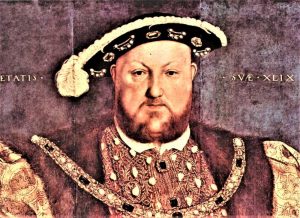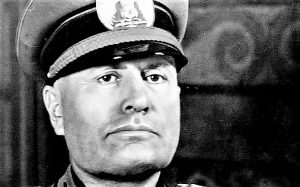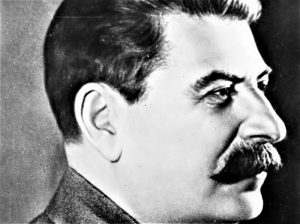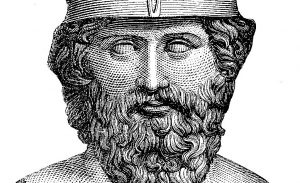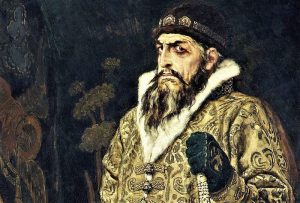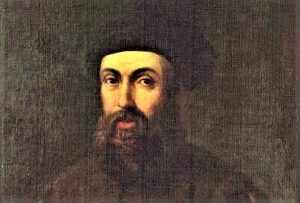Alexander the Great
Alexander the Third of Macedonia, better known in the world as Alexander the Great, was a Macedonian king from 336 B.C. until the day he died. A man of great intellectual and military training by Aristotle. Dedicated to imposing authority he possessed before the Macedonian people, who, when Philip died, took advantage of the situation and made a whole revolution. The mark that Alexander the Great left throughout history is absolutely incredible, taking into account his heroic achievements and great personality. His words, always correct, made him grow in such a way that he was even able to move entire armies to satisfy his ambition. Conqueror of territories, he was in charge of spreading Greek culture and fusing cultures, he implanted language, art, politics and religion, in other words, he changed the whole world in his time.
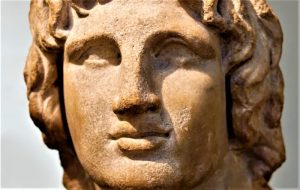
Personal Information
- Birth: July 356 B.C.
- Death: June 323 B.C.
- Dynasty: Argéada
Who was Alexander the Great?
Alexander the Great was the king of Macedonia from 336 B.C. Military and educated, he dedicated himself to impose his authority and ideas in Macedonian. Doing great deeds and with a great personality, he managed to conquer territories and impose his art, politics, religion and language ideals.
Alexander the Great biography
Alexander the Great was the son of the well-known Philip II, who was king of Macedonia, and of a woman named Olympia. At the time of his birth, his father was far from Macedonia celebrating the surrender of the Greeks in Potidea. When he realized Alexander’s birth, he decided to send a letter to Aristotle telling him about the event and emphasizing that he hoped that the child could be his disciple at some point. At the age of 13, Aristotle was his teacher and influenced his thinking about science, gave him a great intellectual and scientific growth and made him study branches such as logic, metaphysics, ethics and politics. After Perinto’s battle, his father was wounded, and Alejandro was called to replace him. It was his first fight and his performance was brilliant. King Philip was assassinated in 336 in a conspiracy elaborated by Pausanias by one of his guards and after his death, Alexander assumed the leadership of Macedonia for approximately 20 years.
Alexander the Great’s death
Alexander the Great’s death occurred on June 13, 323 B.C. according to some research by historians. He was about to turn 33 when he died. The causes of his death have different theories, some of them say that he died because he was poisoned by Antiparous’s son, who was Alexander’s butler, other studies suggest that he died because of a disease known as Nile fever or malaria, which he had acquired some time ago. It is well known that, during a festivity, Alexander had drunk and ate a lot, felt bad after a while and prostrated himself in bed when he became seriously ill. The most important theory is the poisoning because there were many men who wanted his death and the only reason against this theory is explained to us by historian Lane Fox, who says that it is very strange that twelve days passed since the intoxication and death of Alexander, and also because during that time, there were no poisons that lasted so long. Another hypothesis is that he may have suffered acute pancreatitis, because all the symptoms he presented before his death are typical of this disease.
Characteristics
Some sources point out that Alexander the Great was short, approximately 1.60 cm; his neck had a slightly sloping position towards the shoulder, with a rounded chin and bright eyes. His hair was curly, and his voice was strong and clear.
He was a brave, tenacious, intelligent and generous man, but at the same time, he could show a full anger and violence attitude.
His education was initially directed by Leonidas and later by Aristotle.
He was physically beautiful. His nose was slightly inclined to the left side, his hair light brown and had an interesting particularity in his eyes, the left was brown, and the right was gray, it was unclear if this characteristic was from birth.
He had a great education in science, arts and philosophy.
The teacher of Alexander the Great
At the beginning of his life he was under the tutelage of Leonidas, who educated him in art and science. When he reached his adolescence, Alejandro’s education was in charge of Aristotle to whom some time ago, Alejandro’s father had sent him a letter wishing to have him as his son’s tutor.
Conquests
One of its main achievements was the Persian Empire. After that, the world was never the same again. Armed with an army of forty thousand men, Alexander began his march against the Persians full of strategies and brave men. Arriving in Asian lands, he faced larger troops in number and still won the victory. Later, he faced the Achaemenid king, Darius III, to the north of Syria, where he won a new battle thus controlling Minor Asia. He did not stay long in Egypt, so he arrived again on Phoenician shores where he then went to Mesopotamia. He conquered Aria, Drangiana and Aracosia, Sogdiana and India.
Alexander the Great generals
Alexander the Great’s generals were those who divided their inheritance and were known as the deacons. Some of them never obtained a royal title such as Pérdicas, Antípatro, Crátero, and others. And there were some who had themselves declared kings, such as Antigonus, Ptolemy and Seleucus.
Contributions of Alexander the Great
- He established the largest empire in the ancient world.
- He made territory maps that were unknown to western world.
- Established great progress in geography and history, introduced Greek culture and language.
- Established proper cultural integration by allowing marriages between Greeks and Orientals.
- Source of inspiration for Julius Caesar and Napoleon Bonaparte.
- He founded well-established, autonomous cities, but subject to the king’s edicts.
Phrases
- There’s nothing impossible for the one who tries.
- The destiny of all depends on the realization of each one.
- I am not afraid of an army of lions led by a sheep; I am afraid of an army of sheep led by a lion.
- I would rather live a short and glorious life than a long one plunged into darkness.
- For me I have left the best: hope.
- In the end, when it’s all over, all that matters is what you’ve done.
- When we give someone our time, we actually give a part of our life that we will never recover.
- Effort and risk are the price of glory, but it is a precious thing to live with courage and die leaving an eternal fame.
- If I wait, I will lose the audacity and the youth.
How to cite this article?
Briceño V., Gabriela. (2019). Alexander the Great. Recovered on 4 January, 2025, de Euston96: https://www.euston96.com/en/alexander-the-great/



